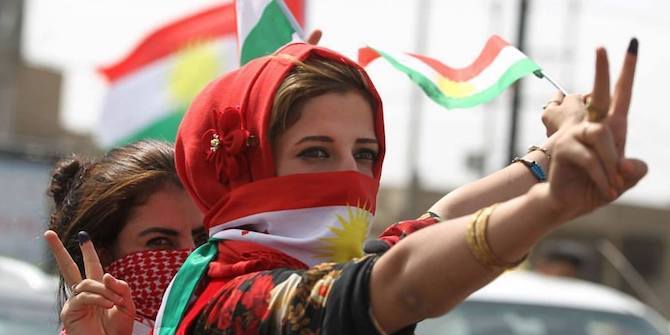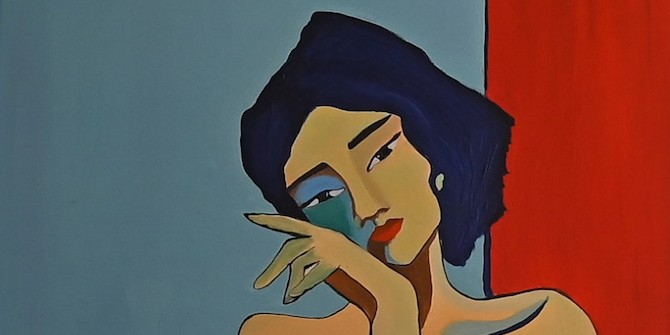by Alex Creamer
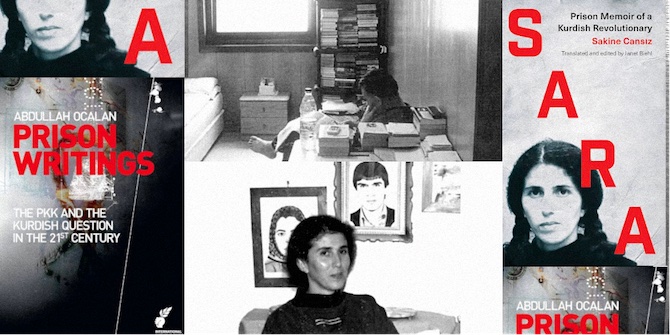
No Response to International Human Rights Organisations
Hunger strikes have broken out amongst Kurdish prisoners across the Turkish prison system that are only due to end today, 15 February 2024. Today’s date is symbolic for many Kurdish activists as it marks 25 years since PKK-leader Abdullah Öcalan was transferred to İmralı Type F High Security Prison on 15 February 1999.
International awareness has been raised on the 59th day of the hunger strikes. The Council of Europe held an assembly on Wednesday 24 January 2024 to debate ‘allegations of systematic torture and inhuman or degrading treatment or punishment in places of detention in Europe.’ A central case of the debate was the ongoing detention of Öcalan and three other PKK-member inmates. The four are currently incarcerated at the Turkish government’s İmralı Prison.
The Council of Europe’s Anti-Torture Committee (CPT) has also sent eight delegations to visit the island following the beginning of Öcalan’s detention in 1999. The CPT first made its initial recommendations that that Öcalan be able to leave his cell, be integrated with other inmates, perform exercise, receive medical care, and have access to some forms of media. As of the last delegation in September 2022, the eight visits have focused on making further recommendations as well as monitoring the implementations of past guidance. As of September 2022, the United Nations Human Rights Committee has also ruled that the Turkish authorities should lift the restriction on the inmates’ contact with their lawyers.
Incommunicado
It is alleged that the Turkish government has ignored the majority of these recommendations. A systematic regime of extreme isolation has constantly denied the legal and ethical rights of İmralı Prison’s inmates to have consistent, if any, contact with their guardians, family, or lawyers. In fact, all communication in and out of the prison has been arbitrarily blocked for the nearly three years since 25 March 2021. Since then, the prison administration of İmralı Island has ignored hundreds of applications from all the prisoner’s legal guardians, family members and the institutions or lawyers who represent them as clients.
This blackout has raised serious concerns over the physical and psychological wellbeing of all the inmates on İmralı Prison. The onset of the coronavirus pandemic put an end to any face-to-face contact. Öcalan’s brother was the last to see him in person on 3 March 2020. It is also reported that the other three prisoners have had no contact with their lawyers since their transfer to the prison island between March and May in 2015.
Historic Episodes of Resistance Written by Kurdish Prisoners
After being left to only speculate on the conditions of detention in the isolation of İmralı Prison, English-language books on the subject provide a vital resource for Western social scientists and policymakers to understand the conditions of imprisonment faced by Kurds.
1. ‘Prison Writings – The Roots of Civilisation’ by Abdullah Öcalan, 2001:
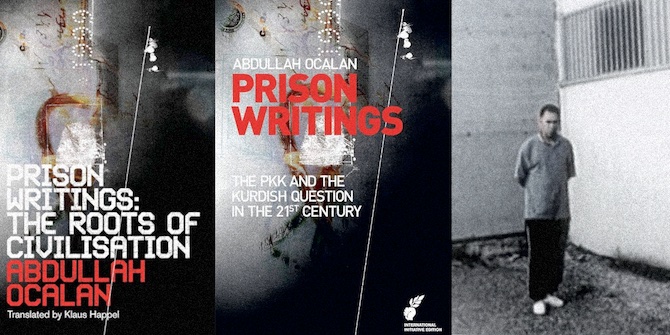
The first book is a historical and theoretical work by Öcalan numbering ten volumes. The first volume of the collection alone is a testament to the singular force of will in authoring such an impressive range of historical material with few resources. It is reported that Öcalan has since been denied writing implements, and that phone calls and letters to and from the prison are intercepted and destroyed.
The second volume, ‘Prison Writings – The PKK and the Kurdish Question in the 21st Century’ draws on the first volumes’ analytical framework to make practical proposals for a peaceful resolution to the Turkish-Kurdish conflict. Öcalan reflects on constitutional and legal steps that build towards democratisation of the PKK in Turkey, with one important phase being dedicated to meeting the needs of prisoners and those under house arrest.
2. ‘Sara: Prison Memoir of a Kurdish Revolutionary’ by Sakine Cansiz, 2019:

The second volume therefore covers over a decade of her imprisonment amongst other PKK cadres and some 30,000 other military prisoners. The book is a stark account of the late 20th century prison system of Turkey and the brutality of its administrators. Page 47 details the rationale behind Sara’s first two-day hunger strike, and subsequent hunger strikes, and death fasts in 1983. These regular episodes represented some of the largest collective actions of Kurdish resistance in the prison in this period and ‘got public support, and the families went on a hunger strike, too’ according to Sara.
3. ‘No Friend But the Mountains: Writing from Manus Prison’ by Behrouz Boochani, 2019:
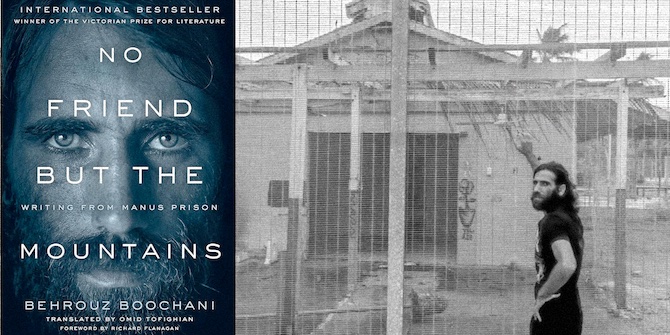
The third book comes from a Kurdish-Iranian journalist and was written under conditions of extreme detention on another prison island. The book was, in fact, famously written on WhatsApp over thousands of texts since the authors illegal detention in 2013. The book is an autobiographical account of the ‘Manus Prison Logic’ that draws on the Kurdish literary tradition to narrate Boochani’s inner dialogue of resistance in extreme deprivation including hunger.
International Awareness
Hunger strikes across the Turkish prison system have proven to affect material changes within the conditions of isolation at İmralı Prison. The legacy of hunger strikes has been a crucial form of resistance against the Turkish prison administration’s torture. After decades, both ongoing protests and written accounts of such resistance are raising awareness within international human rights organisations. Most recently, the Council of Europe’s latest debate signals a potential turning point for the unlawful treatment of the İmralı prisoners.



